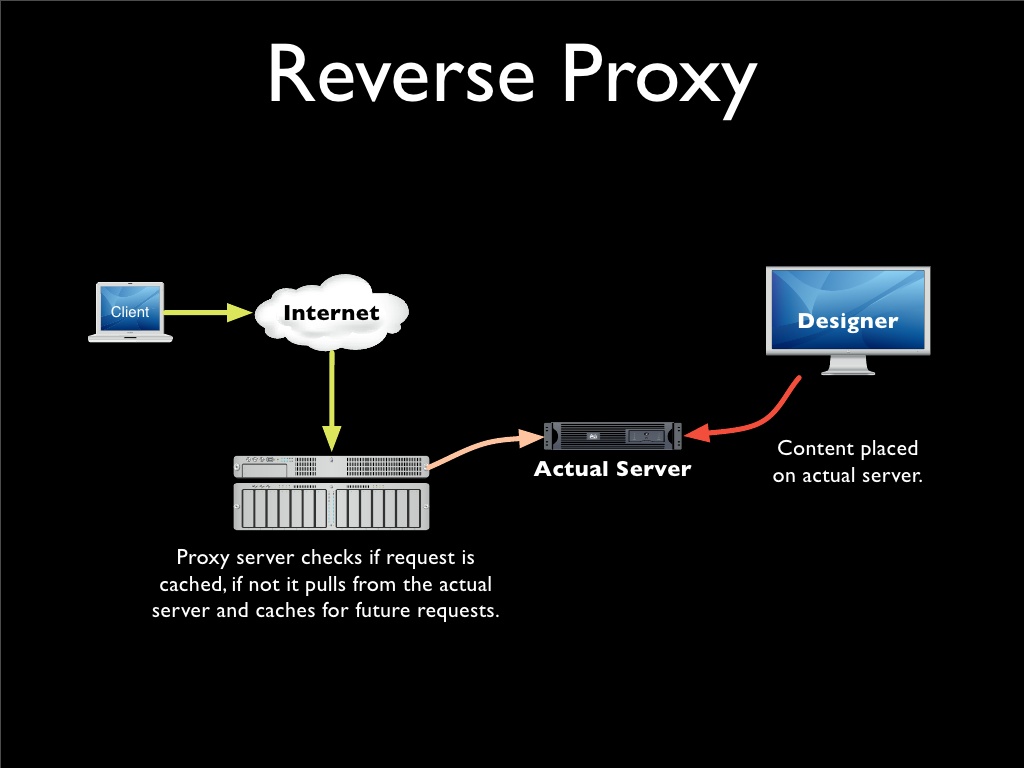In a world that is becoming more digital, the significance of online privacy, security, and speed is paramount. As we travel through the expansive internet, a lot of users are relying on proxy servers as versatile tools that can enhance their online experience. What precisely is a proxy server and what is its functionality? From channeling requests via various network routes to masking user identities, proxy servers are vital in how we engage with and retrieve online content.
Proxy servers fulfill various roles, catering to different needs, whether it’s for improving security, maintaining anonymity, or optimizing web performance. As https://buyproxy.omeka.net/ and individuals alike seek to protect their sensitive information and access geo-restricted content, understanding the various types of proxy servers and their applications has become essential. This article investigates the numerous applications of proxy servers, emphasizing their advantages, consequences, and how they can transform both personal and professional online endeavors.
Grasping Proxying Services Servers
Proxies serve as intermediaries connecting a individual's device and the internet. When a client asks for content, the proxy relays the query to the destination server, gathers the content, and delivers it to the client. This mechanism helps conceal the individual's IP address, offering privacy and boosting online privacy. By a proxy, people can access data that may be limited in their geography or network.
There are various types of proxy servers, each crafted to serve certain needs. As an example, HTTP proxy servers manage online traffic, while SOCKS proxies can process any type of traffic, giving enhanced versatility. Transparent proxies do not alter inquiries or returns, making them beneficial for saving. Comprehending these various types is crucial for picking the correct proxy for your needs, whether it’s for safe internet use, information access, or data extraction.
Employing a proxy can enhance security by offering an added layer of safeguarding against internet threats. Proxy services can screen harmful data, block direct entry to a client’s device, and even include encryption options to safeguard information exchange. As online threats become progressively sophisticated, the function of proxies in improving both safety and anonymity online cannot be underestimated, making these tools indispensable resources in the current online environment.
Benefits and Risks of Proxy Use
Proxy servers offer many advantages, particularly in enhancing internet privacy and security. By directing internet traffic through a proxy, users can conceal their IP addresses, making it challenging for trackers to identify their location and online actions. This is particularly important for individuals who want to maintain privacy while browsing or participating in sensitive activities. Furthermore, proxies can enable secure access to geo-restricted content, allowing users to get around censorship and access resources that may be blocked in their region.

However, there are risks associated with the use of proxies, particularly free proxies. Many of these do not provide sufficient security measures, which leave users vulnerable to data interception and threats. Additionally, these servers can log user activity, compromising the very privacy they are supposed to safeguard. Users must be cautious and conduct thorough research to make sure they choose a reputable proxy service that focuses on user safety and data protection.
Another factor to take into account is the potential for reduced internet speed when using a proxy server. While certain proxies can enhance performance through data caching and optimized routing, some may introduce delays due to bandwidth limitations or congestion. This variation can impact web activities, such as streaming media or gaming, where speed is essential. Therefore, balancing these benefits against the risks is essential for users looking to leverage proxy servers effectively for their specific needs.
Proxy Servers in Gaming
In the field of business, proxies serve as critical tools for enhancing cybersecurity and maintaining operational effectiveness. By directing internet traffic through a secure server, companies can guard confidential data from potential breaches and ensure that confidential communications remain protected. This level of defense is crucial for organizations contending with sensitive information, as it drastically reduces the risk of unauthorized access and data leaks. Furthermore, implementing proxy servers allows businesses to observe employee internet usage, which can help minimize distractions and enhance efficiency.
Gaming is another area where proxy servers play a pivotal role, particularly in optimizing the overall gaming experience. Gamers regularly utilize proxies to lower latency and lag during gaming sessions, allowing for more fluid sessions and improved capability. Additionally, proxy servers enable players to access geo-restricted games and materials that may not be accessible in their local area. This capability not only enhances the gaming experience but also expands the variety of games available to players, making proxy servers an essential resource in the gaming sphere.
Moreover, both businesses and gamers can benefit from the concealment provided by proxy servers. In challenging environments, maintaining anonymity ensures that sensitive business strategies are not exposed and that gamers can compete without fear of being hunted by opponents. By masking IP addresses, proxy servers help protect the anonymity of users, allowing them to conduct their online actions with a increased sense of protection and freedom. Whether in a professional setting or a virtual world, the advantages of using proxy servers are manifest and impactful.
